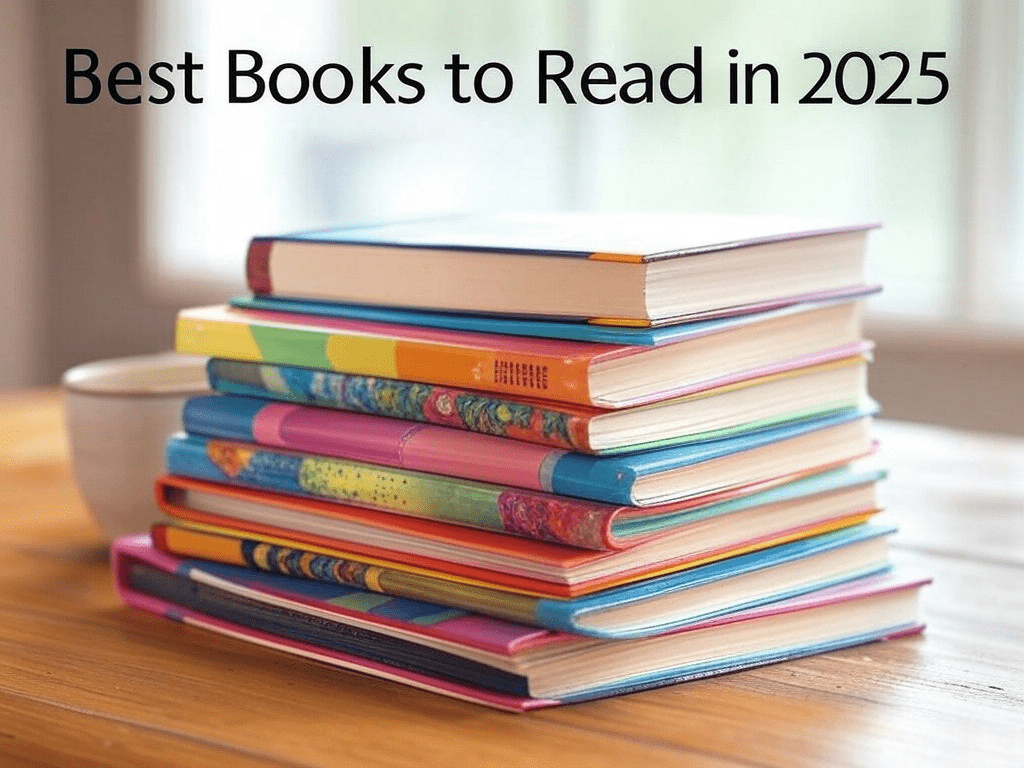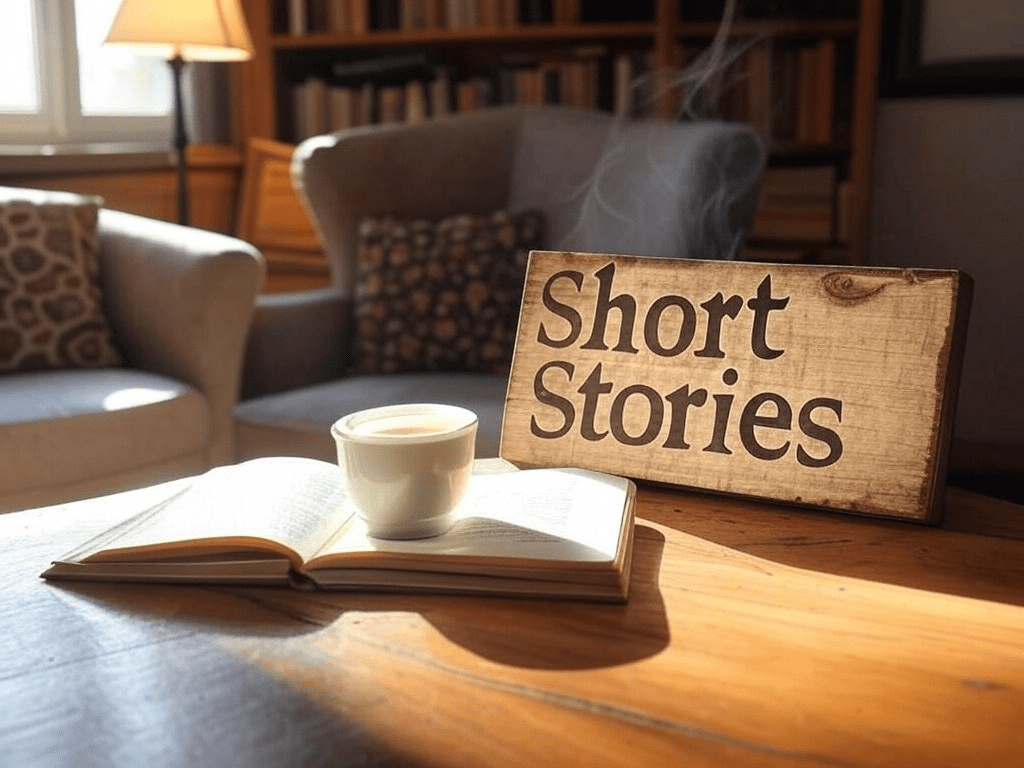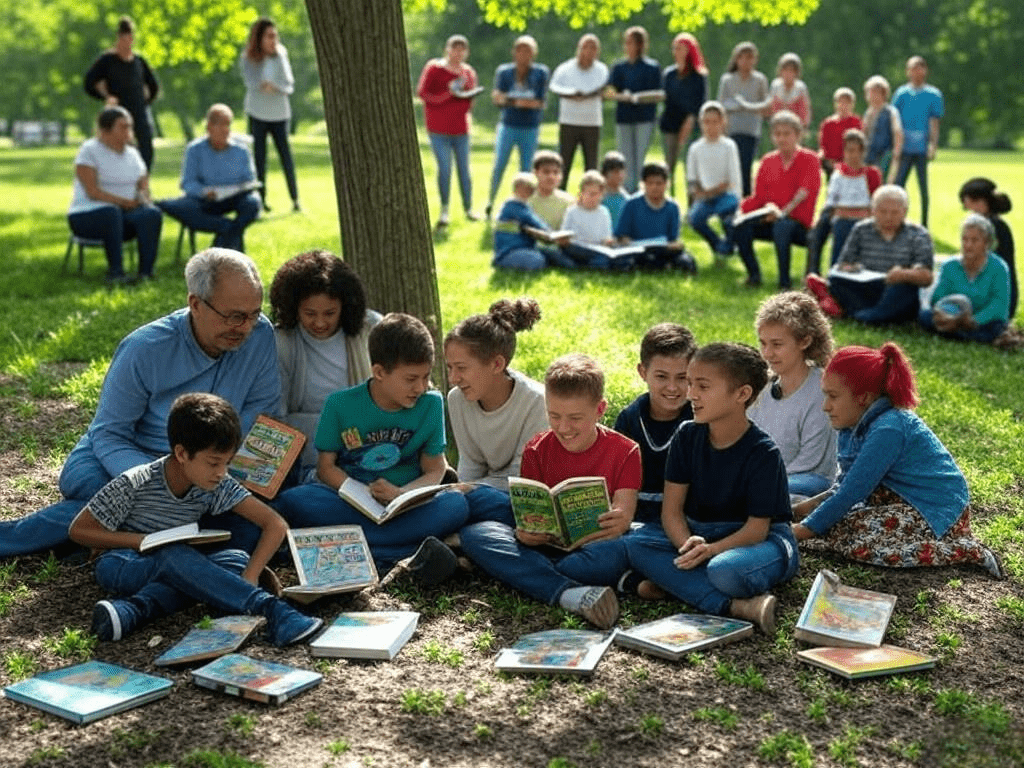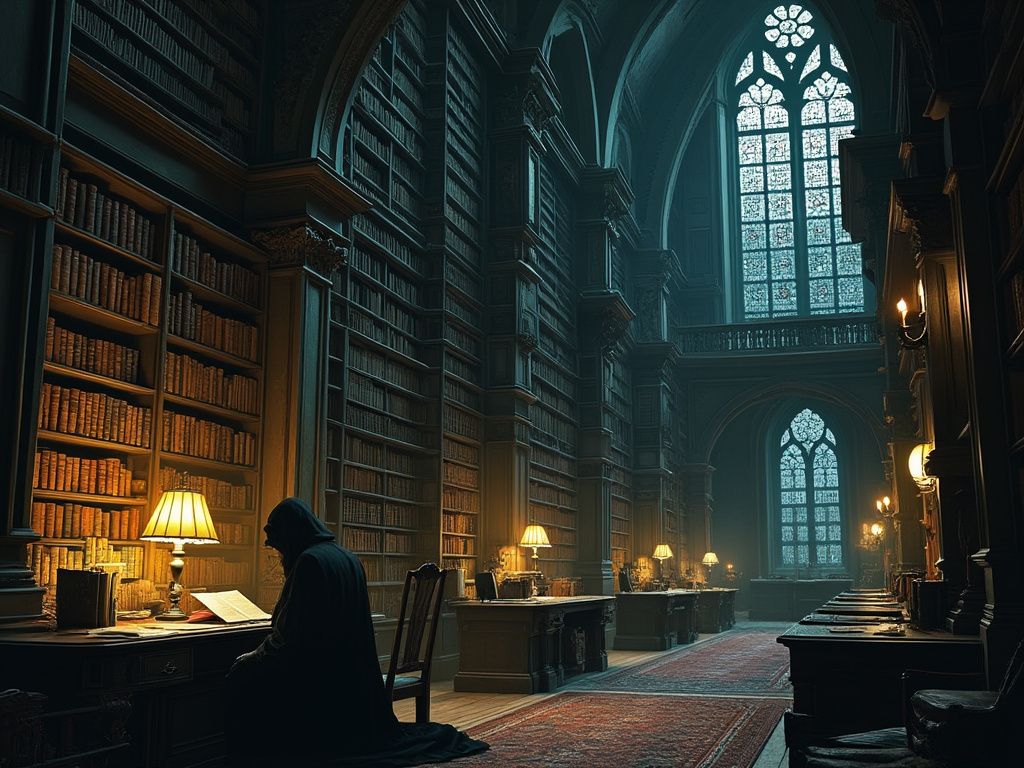Introduction
The 20th century marked a transformative era in literature, offering readers a wealth of stories that delved into universal themes of war, love, identity, and the human condition. This century witnessed groundbreaking narratives that challenged conventions and shaped modern literature as we know it. From harrowing tales of dystopian societies to poignant reflections on personal struggles, the literature of this period transcends time, continuing to resonate with readers across generations.
This article embarks on a journey through the top books of the 20th century, exploring their timeless appeal and the themes that make them enduring classics. Whether you are revisiting an old favorite or discovering a masterpiece for the first time, these iconic works promise to captivate your imagination and inspire profound reflection.
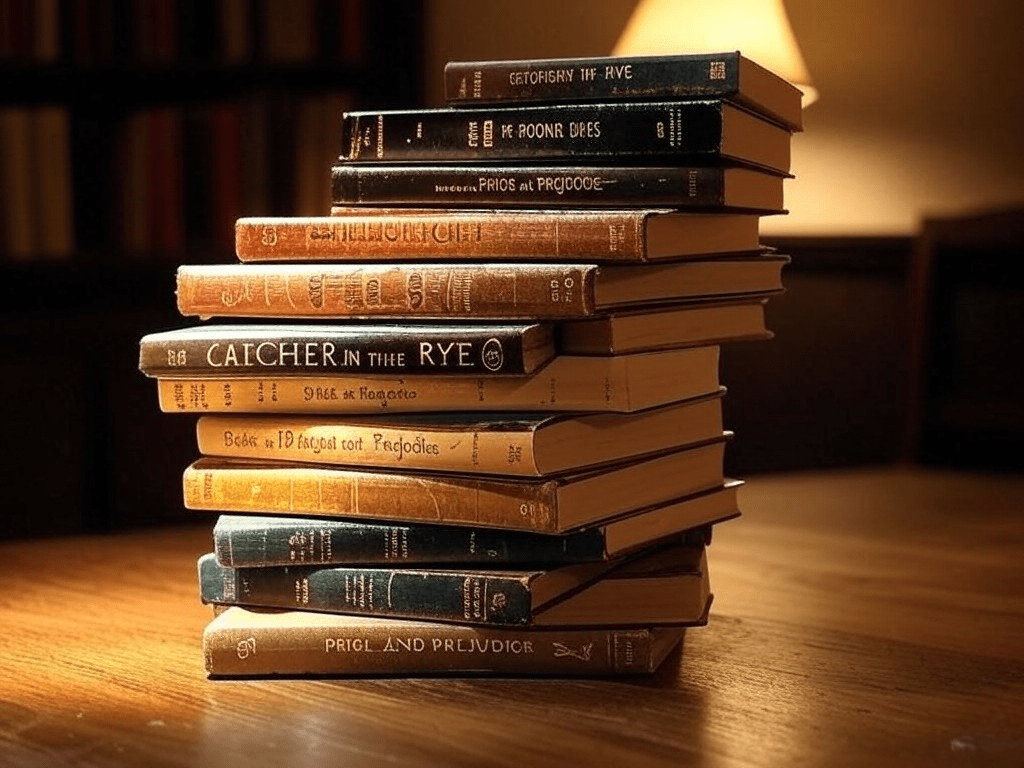
Why the 20th Century Was a Golden Age for Literature
The 20th century’s literary landscape was profoundly shaped by historical and cultural upheavals. Events like the two World Wars brought themes of loss, resilience, and human fragility to the forefront. Writers grappled with existential questions, exploring the meaning of life in a rapidly changing world.
The rise of modernism and existentialism introduced experimental narrative techniques and introspective storytelling. Technological advancements and globalization further expanded the horizons of literature, connecting authors and readers across cultures. This era also witnessed a remarkable diversity of genres—fiction, poetry, and non-fiction—flourishing in ways that enriched the literary canon.
The result was an unprecedented golden age for books, marked by an outpouring of creativity that produced some of the most enduring works in history. These books not only reflected the times but also influenced generations of writers and readers.
Top Fiction Books of the 20th Century
- “To Kill a Mockingbird” by Harper Lee
Harper Lee’s masterpiece delves into themes of justice, race, and morality through the eyes of young Scout Finch. Set in the racially segregated American South, the story’s exploration of prejudice and empathy remains deeply relevant today. The novel’s enduring appeal lies in its powerful characters, including the noble Atticus Finch, who exemplifies integrity and compassion.
- “1984” by George Orwell
A chilling vision of a dystopian future, Orwell’s “1984” critiques totalitarian regimes and the dangers of surveillance. Its depiction of a society stripped of freedom and truth resonates strongly in today’s digital age, making it a must-read for anyone concerned with civil liberties and governance.
- “The Great Gatsby” by F. Scott Fitzgerald
Fitzgerald’s tale of love, ambition, and disillusionment captures the spirit of the Jazz Age. Through the enigmatic Jay Gatsby, the novel explores the elusive nature of the American Dream and the devastating consequences of unfulfilled desires. Its lyrical prose and timeless themes ensure its place as a literary treasure.
- “One Hundred Years of Solitude” by Gabriel García Márquez
Pioneering the genre of magical realism, this novel chronicles the multigenerational saga of the Buendía family. Marquez’s blending of the fantastical with the mundane reshaped global literature, offering readers a new lens to view history and culture.
- “Lord of the Flies” by William Golding
Golding’s exploration of human nature and societal breakdown remains a thought-provoking commentary on morality and governance. The story of boys stranded on an island, descending into chaos, poses unsettling questions about civilization and humanity’s darker instincts.
Top Non-Fiction Books of the 20th Century
- “The Diary of a Young Girl” by Anne Frank
Anne Frank’s poignant account of life in hiding during the Holocaust serves as a powerful reminder of the atrocities of war. Her diary continues to educate and inspire readers, offering a deeply personal perspective on resilience and hope.
- “Silent Spring” by Rachel Carson
This groundbreaking book launched the environmental movement, shedding light on the devastating effects of pesticides. Carson’s call to action spurred policy changes and heightened awareness, making it one of the most influential non-fiction works of the century.
- “A Brief History of Time” by Stephen Hawking
Hawking’s ability to simplify complex scientific concepts for the general reader made this book a phenomenon. Exploring cosmology and the universe’s origins, it inspired curiosity and wonder about the natural world.
- “In Cold Blood” by Truman Capote
Blurring the line between journalism and storytelling, Capote’s “non-fiction novel” recounts a real-life murder case with meticulous detail and narrative flair. This innovative approach redefined the possibilities of non-fiction writing.
Top Poetry of the 20th Century
- “The Waste Land” by T.S. Eliot
A cornerstone of modernist poetry, Eliot’s “The Waste Land” reflects post-WWI disillusionment while offering glimpses of hope. Its fragmented structure and rich symbolism revolutionized poetic expression.
- “Ariel” by Sylvia Plath
Plath’s emotionally charged collection explores themes of mental health, identity, and feminist struggles. Her confessional style broke new ground, giving voice to deeply personal and societal issues.
- “Leaves of Grass” by Walt Whitman (Expanded Editions)
While originally published in the 19th century, the 20th-century editions of Whitman’s iconic work retained their influence. Celebrating individuality and nature, “Leaves of Grass” inspired generations of poets and readers.
Themes That Define the Top Books of the 20th Century
The literature of the 20th century is unified by recurring themes that speak to universal human experiences:
- War and Conflict: Works like “1984” and “The Diary of a Young Girl” highlight resilience in the face of adversity.
- Love and Loss: Novels such as “The Great Gatsby” and Plath’s poetry poignantly explore the complexities of relationships.
- Identity and Society: “To Kill a Mockingbird” and “Lord of the Flies” delve into questions of morality, justice, and human nature.
- Environmental Awareness: “Silent Spring” introduced a new consciousness about humanity’s impact on the planet.
These themes continue to resonate, demonstrating the timeless relevance of 20th-century literature.
Why You Should Read the Top Books of the 20th Century Today
The enduring legacy of 20th-century books lies in their ability to inspire, educate, and connect readers. These works offer invaluable insights into the human spirit, bridging the past with the present. By reading these books, one gains a deeper understanding of historical contexts and universal truths that shape our world.
Exploring these masterpieces is not merely a literary journey but a profound way to engage with the challenges and triumphs of humanity. Whether seeking entertainment, education, or enlightenment, these books promise to leave a lasting impression.
Final Reflections
The literature of the 20th century stands as a testament to the transformative power of storytelling. These timeless classics are more than narratives; they are windows into the human spirit, offering perspectives that bridge generations and cultures. Dive into these iconic works and discover the profound beauty of literature that continues to shape our world today.


